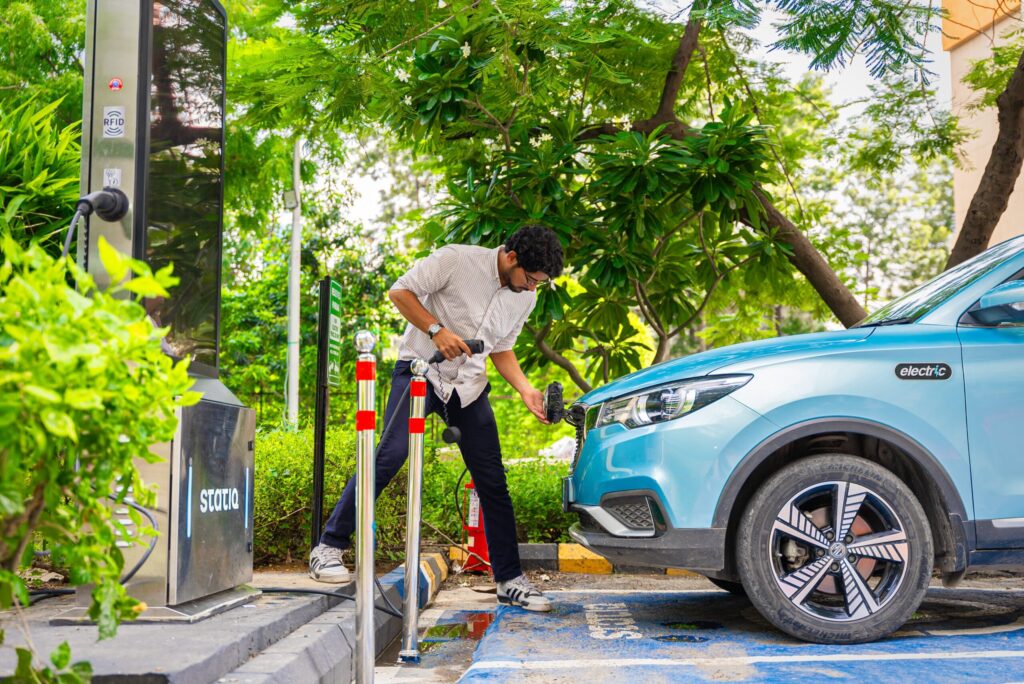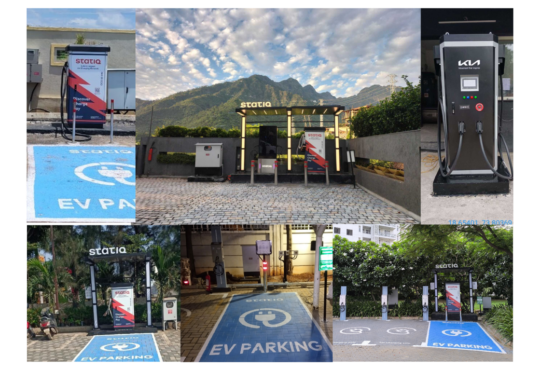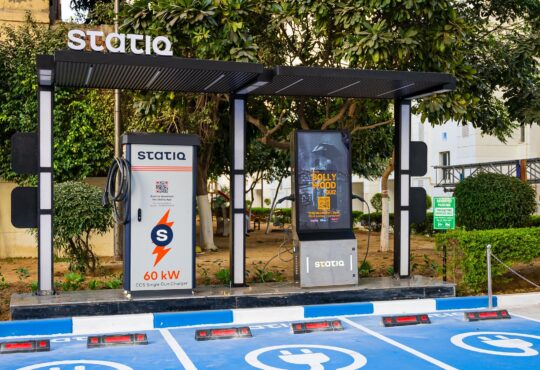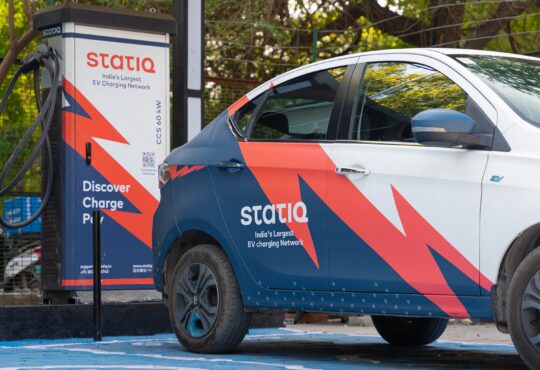
How to Extend EV Battery Life: A Guide and Tips
As electric vehicles become increasingly popular, it is important to understand how the battery works and the ways you can extend its life. In recent years, many fire-related incidents have caught attention, with the majority occurring because people did not follow the manufacturers’ guidelines, resulting in battery malfunctions and fires.
Generally, EV batteries are powered by lithium-ion cells and typically last for 7-8 years. With proper care, this lifespan can extend to 10–12 years. Maximizing the life of EV batteries is essential, as they are a significant component of the overall vehicle cost. Their longevity can greatly influence the total cost of ownership.

Here are the tips you can follow to extend EV battery life:
- Avoid Full and Empty States: Lithium-ion batteries, which are commonly used in EVs, perform best when they are kept between 20% and 80% charged. Regularly charging to 100% or letting the battery drop to 0% can accelerate battery degradation. Maintaining the 20/80 formula can contribute to the health of the EV battery. Many EVs have settings that allow you to limit the maximum charge level, which will prevent overcharging and benefit your EV’s health.
- Use Slow Charging When Possible: While fast chargers are convenient, they can generate more heat and stress on the battery, leading to quicker degradation. Whenever possible, use Level 2 chargers for daily charging and reserve fast chargers for long trips or emergencies. Home chargers are also a viable option for your daily charging needs; you can plug in your electric vehicle at night and wake up with a sufficient charge.
- Maintain Optimal Temperature: Lithium-ion batteries are sensitive to extreme temperatures. Exposure to very high or low temperatures can significantly reduce battery life. Park your EV in a garage or shaded area during hot weather and consider preconditioning your car in cold weather to maintain an optimal battery temperature.
- Avoid Aggressive Driving: Frequent hard acceleration and deceleration can generate excessive heat and stress the battery. Adopt a smoother driving style to minimize wear and tear on the battery.
- Use Regenerative Braking: Regenerative braking can help extend battery life by converting kinetic energy back into stored energy in the battery. Make use of this feature to reduce the load on the battery and improve overall efficiency.
- Keep Software Updated: EV manufacturers frequently release software updates that can improve battery management and efficiency. Ensure your vehicle’s software is up-to-date to take advantage of these improvements.
- Plan Charging According to Your Routine: Constantly plugging in your EV for short periods can contribute to battery wear. Try to plan your charging sessions based on your daily driving needs, allowing the battery to discharge more before recharging. Some EVs offer the ability to schedule charging during off-peak hours or when the battery is in a lower state of charge. This can help reduce stress on the battery and take advantage of lower electricity rates.
Conclusion
The tips shared above will help you maximize the life of your EV battery. It involves efficient driving habits, charging practices, and regular maintenance. Following these tips will ensure that your EV battery remains healthy for as long as possible, ultimately saving you money and reducing your environmental impact. Investing a little time and effort into understanding and caring for your EV battery can go a long way. Remember, every step towards battery care not only benefits you but also contributes to a more sustainable future.
Also read, Do’s and Don’ts of EV Charging: Best Charging Practices to Follow



